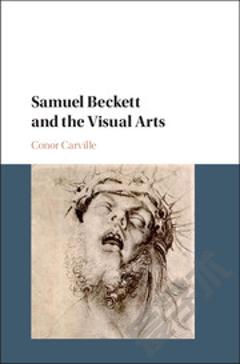Samuel Beckett and the Language of Subjectivity
Samuel Beckett and the Language of Subjectivity is the first sustained exploration of aporia as a vital, subversive, and productive figure within Beckett's writing as it moves between prose and theatre. Informed by key developments in analytic and continental philosophies of language, Tubridy's fluent analysis demonstrates how Beckett's translations - between languages, genres, bodies, and genders - offer a way out of the impasse outlined in his early aesthetics. The primary modes of the self's extension into the world are linguistic (speaking, listening) and material (engaging with bodies, spaces and objects). Yet what we mean by language has changed in the twenty-first century. Beckett's concern with words must be read through the information economy in which contemporary identities are forged. Derval Tubridy provides the groundwork for new insights on Beckett in terms of the posthuman: the materialist, vitalist and relational subject cathected within differential mechanisms of power.
{{comment.content}}








 京公网安备 11010802027623号
京公网安备 11010802027623号